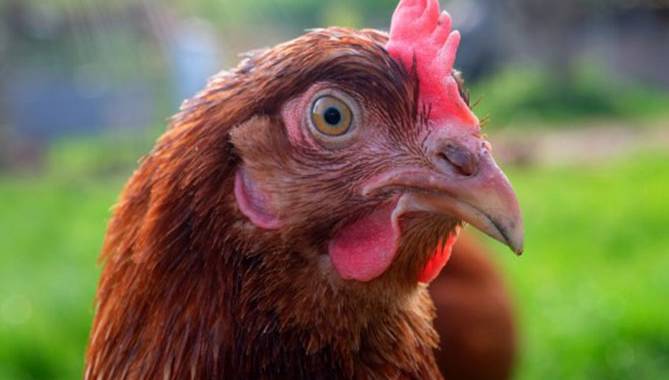Dutch egg probe widens to chicken meat tests

BRUSSELS. – In a new twist in Europe’s tainted egg scandal, yesterday Dutch authorities announced they had started testing chicken meat coming from affected poultry farms to determine whether it, too, was contaminated.
Scientists are looking for the presence of the insecticide fipronil, a substance potentially dangerous to humans, after supermarkets in Germany, the Netherlands, Belgium, Sweden and Switzerland pulled millions of eggs from the shelves.
“We are currently testing chicken meat in the poultry farms where eggs were infected to determine whether the meat is contaminated as well,” Tjitte Mastenbroek, spokesman for food security agency NVWA, told AFP.
The probe focuses on “a few dozen” farms that produce both eggs and chicken meat, NVWA said. Millions of chickens now face being culled in the Netherlands as the scandal widens across Europe.
Hard-hit Germany yesterday called on Belgian and Dutch authorities to quickly shed light on what it termed a “criminal network” involved in the contamination of eggs with fipronil.
“When one sees a criminal energy that’s almost organised as a network it’s unacceptable,” German Agriculture Minister Christian Schmidt said.
He again criticised Belgian and Dutch authorities’ tardy response to the crisis.
Belgium’s top agricultural official Monday ordered the country’s food safety agency to report within a day why it failed to notify neighbouring countries until July 20 despite knowing about fipronil contamination since June.
“It’s not in the spirit of the early warning system to be aware in June but only to inform us by the end of July,” Schmidt said.
Mastenbroek told AFP that a criminal probe by the NVWA under Dutch prosecution authorities and assisted by Belgium is continuing, looking at the role of companies in contaminating Dutch poultry farms with fipronil.
Meanwhile, the French government said Monday “thirteen batches of contaminated eggs from The Netherlands” were delivered in July to food processing companies located in central-western France.
Mastenbroek said so far her agency’s “highest priority” has been the detection of contaminated eggs.
“But now we also have the time to look at meat as a precautionary measure,” she said. – AFP.









Comments